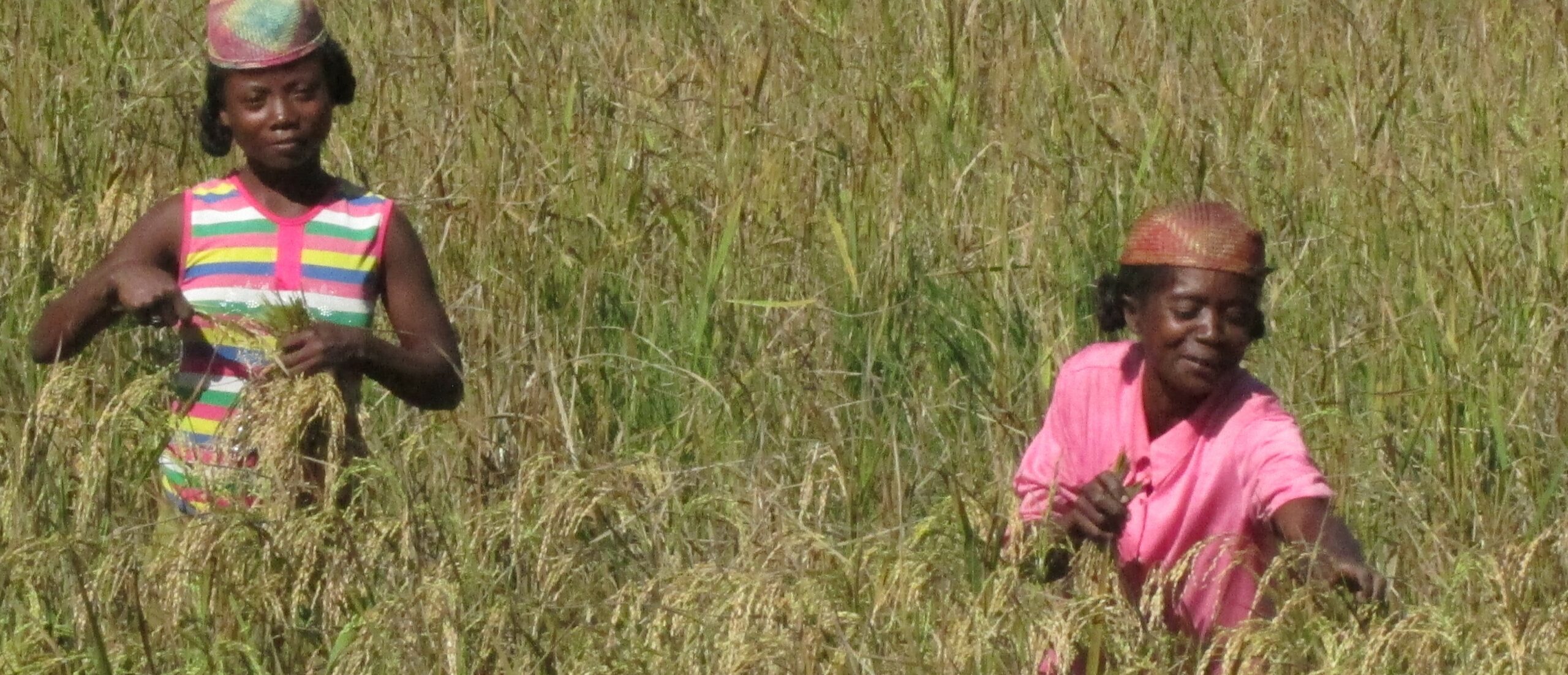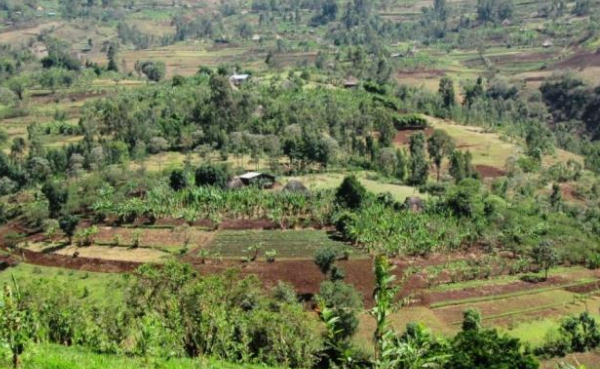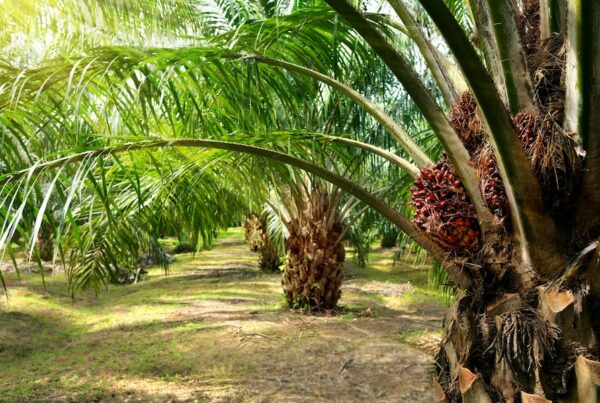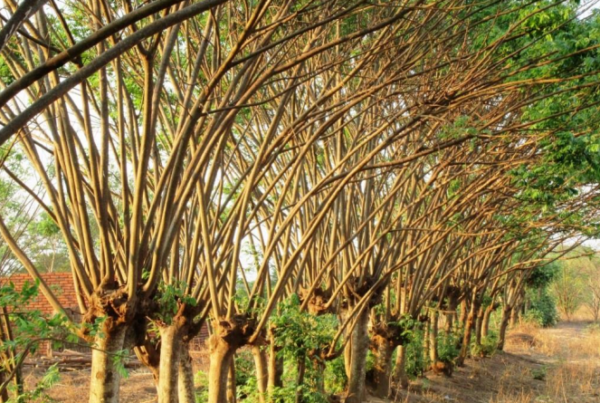This study was conducted in Ofa district, located in southern Ethiopia, where Inter Aide and RCBDIA are leading actions to support rural families. Based on agrarian diagnostic methods, it highlights the main socio-economic differentiating factors between farming families. A historical perspective makes it possible in particular to understand the weight of history in these differences that we observe today.
This study provides in this way a better understanding of the constraints of those families, and in particular of those in a very precarious situation.
It provides the main elements for the setup of a classification tool which should allow Inter Aide and RCBDIA to better understand the socio-economic situation of households in the evaluation process to measure the effects of the implemented actions, with a particular focus to vulnerable families.





